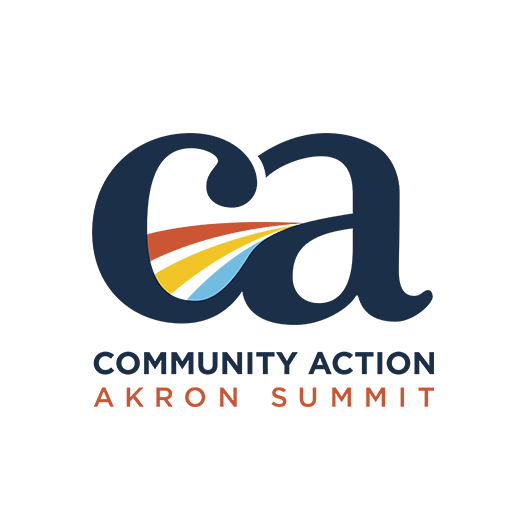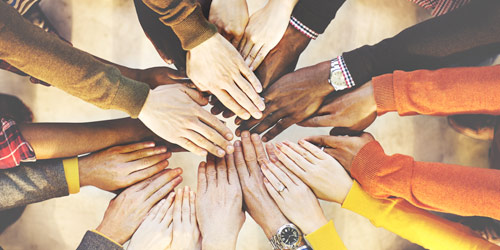The Pathways Community HUB (HUB) model is used as a strategy to identify and address risk factors at the individual and also community levels through collected data.
The functions of Pathways Community HUB are to centrally track the progress of individuals to avoid duplication of services, and to address barriers and problems as they arise, monitor the performance of CHWs to support payments for their work, improve the health of vulnerable and underserved populations, and to evaluate the overall performance of the organizations to support payments, promote continuous quality improvement and secure additional funding. Pathways are tracked to completion, and the comprehensive approach, with high level of accountability leads to improved outcome and reduced cost.
The model provides a centralized process, system and resources to track the services, and tie the service payment to the outcomes through centralized Care Coordination System (CSS).
The Pathways model utilizes a network of CCAs who employ trained Community Care Coordinators (CCCs) to help at-risk patients navigate the vast health and social services resources in Summit County, Ohio. CCCs identify patients who are at most risk, provide an assessment of their needs, and determine which pathways will be most suitable to them. These pathways focus on key areas of health and social services that the at-risk population may need help navigating through. The goal is to improve local health outcomes by connecting individuals with the particular resources they need.
Initiatives
The Pathways HUB Community Action has three initiatives currently in Summit County
Pregnancy Pathways Initiative
Community health workers help pregnant moms navigate and coordinate the systems and resources throughout the pregnancy to help her have a healthy pregnancy, delivery, and baby. Community Health Workers will partner with you and provide the support you need during this stressful time period. If you are pregnant and need assistance, CHWs can link you to services such as:
- Housing if you are homeless or do not have stable housing
- Understanding the healthcare system and using insurance
- Assisting with medication, food, housing, transportation, utilities and other basic needs
- Getting to doctor’s visits and medical tests
- Preparing for your baby
- Managing your medical condition
- Combating stress, or quitting smoking
Pregnancy Pathways Referral Form
Chronic Disease Pathways Initiative
Chronic disease prevention and proper management is essential for good health. Community health workers can provide education and help for managing chronic disease to prevent re-hospitalization and improve quality of life. Several of the partner agencies have started this program.
ADM Addiction Help Line Initiative
In January 2017, Community Action opened an Addiction Help Line whose purpose is to connect citizens with substance and gambling treatment assessments. The funding was provided by the local ADM Board and the goal of the Help Line was to reduce the appointment wait time and increase access to treatment services. Previously, citizens that desired a substance abuse or gambling assessment had to wait about 42-52 days for the first appointment. Since the implementation of the Help Line, the average wait time is about 3 to 5 days. Citizens from the community call into the Help Line and calls are triaged by licensed case managers that then connect to treatment providers via 3 way calling. The appointment is scheduled and the Help Line staff record the appointment date and follow up at a later date to collect the outcomes of the appointment.
County of Summit ADM Board Website
Pathways HUB Community Action partners with Care Coordination Agencies (CCAs) which employees Community Health Workers (CHWs) to work with families, identify risk factors, provide evidence-based interventions and track outcomes using pathways. Community Health Workers (CHWs) are trusted, knowledgeable frontline health personnel who typically come from the communities they serve and are certified and thorough the Ohio Board of Nursing. CHWs usually share ethnicity, language, socioeconomic status, and life experiences with the community members they serve.

